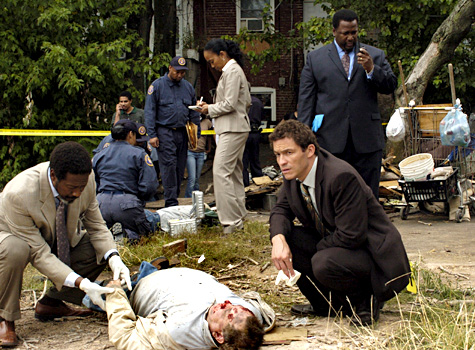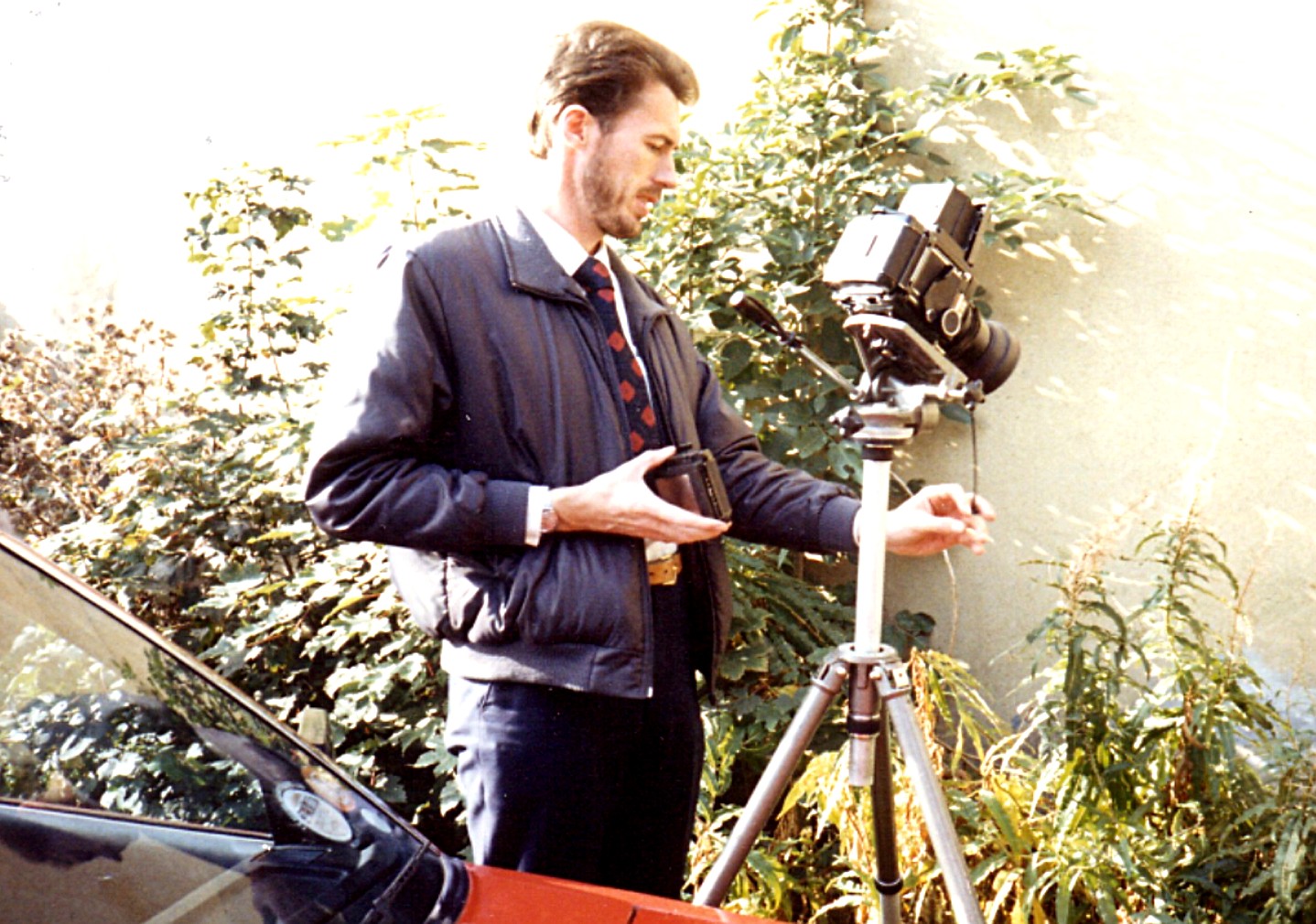That’s the job. Shit rolls downhill. Cops live in the valley.

The point of that little rant is that shit-rolling, obviously, isn’t confined to the West Yorkshire Police. Otherwise, how could The Wire, an American TV show, have nailed it so perfectly? The Comstat meeting scenes encapsulate all that is wrong with modern policing, a desire to control target figures and statistics instead of solving crime and arresting criminals. In that, and many other respects, The Wire is the best cop show ever made.
That is high praise indeed coming from a Yorkshireman who grew up in the 70s with the strains of The Sweeney theme tune ringing in his ears. The Sweeney is, hands-down, the best British police series, and when I joined the service it seemed to be the template for most of the detectives I met. It’s hard to tell in hindsight whether The Sweeney copied true-life cop-speak, or if the detectives all wanted to sound like The Sweeney. Either way, it had a degree of authenticity that has never been matched.
Until The Wire came along.
The first time I watched The Wire (and I’ve watched it many times since), the thing that struck me was how similar the problems of a major American city were to Leeds and Bradford where I worked. The rundown back streets looked just like the rows of back-to-back terrace houses in West Bowling and Little Horton. The street corner drug dealers were just the same as the low-level criminals working the streets of Bradford. And the foulmouthed police banter was almost identical to the crime scene chit-chat I indulged in along with every other frontline copper, typified in the “Fuck, Fuck” scene with McNulty and Bunk.
The show got so many things right about big city policing that I’m surprised it didn’t come with a government health warning. I could practically smell the piss and garbage in the back alleys. My feet almost stuck to the carpet in sympathy with McNulty’s when visiting some of the derelict row houses, home to the likes of Wallace and Poot. And I felt like shouting at the screen when Commissioner Burrell and Major Rawls screwed over the street cops to maintain the status quo and paper over the cracks. Doctoring the crime figures so that the mayor could claim he had met the targets for any given quarter. I won’t mention how true to life massaging figures is. All quite legal. All simply playing the numbers game. Bottom line: The best way to keep crime down is to lock the bastards up who are committing it. (McNulty tried that with Avon Barksdale and Stringer Bell.) Trouble is: That costs time and money, and it’s easier to show a string of minor arrests than put the effort in to crack the bigger crimes.

Image courtesy of Colin Campbell
Visit Colin Campbell at Campbell Fiction Online or on Facebook.

You make me supremely grateful they haven’t invented smell-o-vision.
Or scratch and sniff books. Maybe for cook books, but crime fiction?You’d need a whole pack of postmortem Polo mints.
Scratch n sniff crime novels: now that is a twisted and unsavory notion!
It reads better than it lives. How true! And isn’t that why we write fiction–to let the reader have the feel of things while staying safely out of muck or danger?
Wonderful videos!
Mr. Campbell, thank you for this wonderful discussion of “The Wire” which has basically ruined me for all other cop shows! I also wanted to let you know that you now have a new reader of your own books!
Good to know Regina. The Wire even topped my previous favorite NYPD Blue for gritty realism. Currently waiting for Southland Season 3 in the UK. Now that baby rocks the hard stuff. A subject I shall return to in my next post.
Thnaks for Shaering it